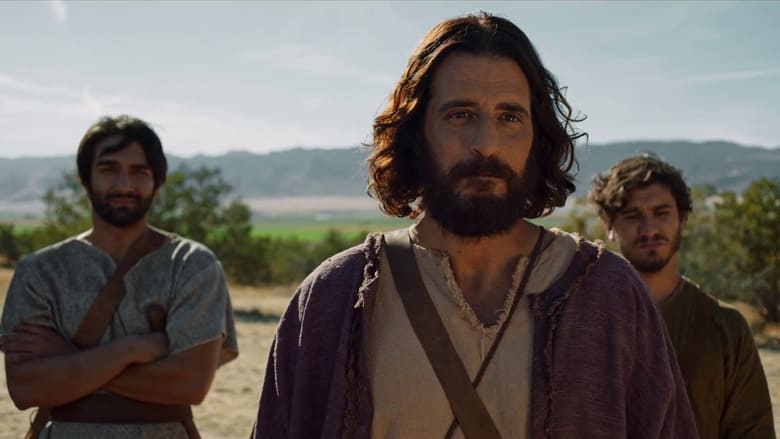
In “Lies,” the ensemble begins at odds, then unites in solidarity.
GROKION EPISODE 2 SERIES
Kelley adapted “Love & Death” from the work of journalists Jim Atkinson and John Bloom, who co-authored a series of 1984 articles for Texas Monthly as well as the 2018 book “Evidence of Love.” Kelley is prolific and versatile, but the most important predecessor to “Love & Death” in his CV is likely “Big Little Lies.” A Dallas suburb may be a far cry from coastal California, yet Kelley finds a similar story in both: appearance-obsessed women driven by repressed rage to acts of violence. But by the time its seventh and final episode concludes with a slideshow of its characters’ real-life photographs and eventual fates, now a modern cliché, we can sense the trend’s shared, perfunctory ethos: If you reenact it - “it” being some grisly, sensational trauma - they will come.

Ultimately, “Love & Death” has the credentials, performances and production values to elevate the story above the leering exploitation that marks the worst of the field. “Love & Death” is only the latest limited series to translate the genre into the language of prestige television, joining peers like “The Staircase,” “Under the Banner of Heaven,” “The Act” and “The Girl From Plainville.” Timing and subject matter have conspired to make “Love & Death” an emblem of how thoroughly Hollywood has picked over headlines and history in search of IP. The existence of two Candy Montgomery miniseries speaks less to their relative merits than to the exhaustive, exhausting reach of the ongoing true-crime boom. But instead of racing to cover a recent event, these shows converge on a tragedy more than four decades old. The effect is not unlike that of 2019’s competing documentaries about the viral quagmire known as Fyre Festival, with the same details refracted through distinct sensibilities. “Candy” flashes back from the day of the murder, which saw Montgomery toggle from brutal homicide to eerily banal errands, while “Love & Death” is more linear in structure. (The more jarring contrast is between the former’s Jesse Plemons and the latter’s Pablo Schreiber, two physically opposite actors who both assume the role of Allan Gore, Betty’s husband and Candy’s ex-lover.) “Candy” is inflected with horror, while “Love & Death” is more naturalist. “Love & Death” casts Elizabeth Olsen as Montgomery, while “Candy” stars Jessica Biel. The proximity practically demands comparison, and it’s tempting to draw up a laundry list of differences and call it a review.

This version follows closely on the heels of “Candy,” which aired on Hulu last year.

The Max drama is the second series in less than a year to take on the same story: the case of Candy Montgomery, a Texas housewife who killed her friend and neighbor Betty Gore with an ax in 1980. “Love & Death” feels familiar, as it should.


 0 kommentar(er)
0 kommentar(er)
